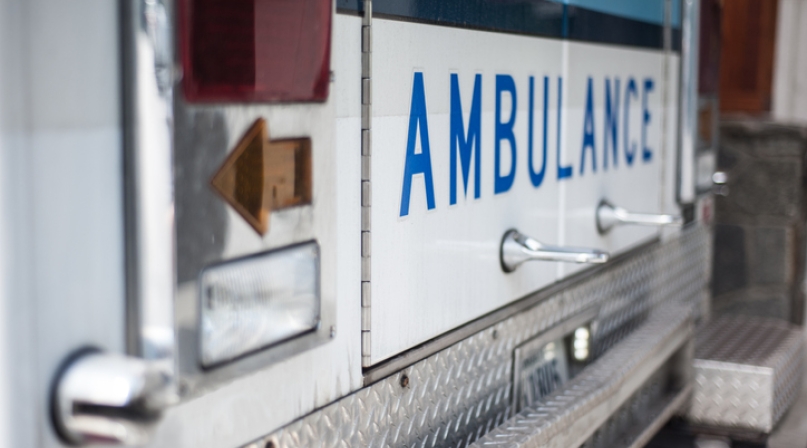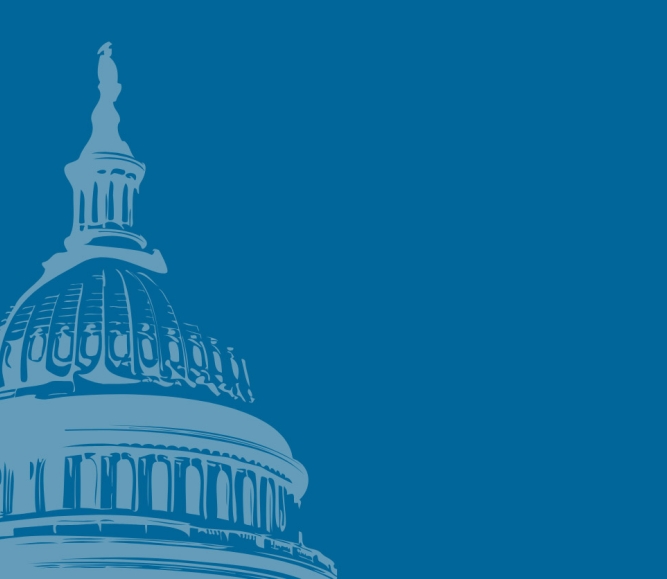HHS awards additional funding to states and territories to support implementation of the 988 Crisis Lifeline
Author

Blaire Bryant
Upcoming Events
Related News

Key Takeaways
On April 19, the Substance Abuse and Mental Health Services Administration (SAMHSA) under the U.S. Department of Health and Human Services (HHS) awarded $105 million to states and territories in preparation for the nationwide launch of 988, the new three-digit code for the National Suicide Prevention Lifeline (the Lifeline). Approximately 85 percent of this funding must be spent on local, regional or statewide efforts to strengthen crisis call centers.
The new 988 Lifeline will expand upon the existing National Suicide Prevention Lifeline by shifting the primary focus from suicide prevention to a broader range of services for those experiencing a mental health crisis, with a greater emphasis on coordinating along the crisis care continuum and ensuring access to care within local communities.
With states and counties in various stages of readiness, this additional federal investment, funded by the American Rescue Plan Act of 2021 (ARPA), is aimed at building local crisis capacity, increasing response rates to calls, texts and chats, bolstering the crisis care and behavioral health workforce and ensuring the appropriate infrastructure is in place to support Lifeline users while connecting them to care within their local communities.
In other supportive measures, SAMSHA has been holding national level meetings with states, localities and other partners to ensure operational readiness, assist with planning strategies and discuss appropriate communication campaigns and messaging in preparation for the roll out.
As key implementers of the National Suicide Prevention Lifeline, counties applaud additional funding from our federal partners that will further support and strengthen the county crisis response infrastructure and ensure states and localities are prepared for the nationwide launch of 988 in July.
More resources and information, including 988 logo and branding, communication strategies and implementation guidance playbooks, are available here and a comprehensive list of the award recipients can be found here. Additional materials will continue to be made available to the public and can be accessed here.
Individuals will still be able to access the 10-digit National Suicide Prevention Lifeline (1.800.273.8255) after the July 16th implementation of 988. The current suicide lifeline and 988 will be available 24 hours a day, 7 days a week via call, text or chat.
ADDITIONAL RESOURCES
- NACo Letter of Support: 988 Implementation Act of 2022
- NACo Blog: House introduces bipartisan bill to support implementation of national 988 suicide lifeline
- NACo Blog: Someone to Call During a Behavioral Health Emergency: Transitioning to 988 in Every County
- NACo Policy Brief: Fund Local Crisis Response Efforts
Resource
Fund Local Crisis Response Efforts

Related News

HHS Secretary Kennedy touts fixes for obesity, chronic illness, mental health issues
Counties can help improve health outcomes by prioritizing prevention over treatment, Robert F. Kennedy Jr., secretary of the U.S. Department of Health and Human Services told NACo Legislative Conference attendees.

Drug tracking software helps counties identify trends, save lives
Florida counties are using an artificial intelligence tool called Drug TRAC to track and report drug trends, with the aim of providing quicker outreach and saving lives.

White House Executive Order establishes national substance use disorder response
On January 29, the White House issued an Executive Order (EO) establishing the Great American Recovery Initiative, a new federal effort aimed at coordinating a national response to substance use disorder (SUD).